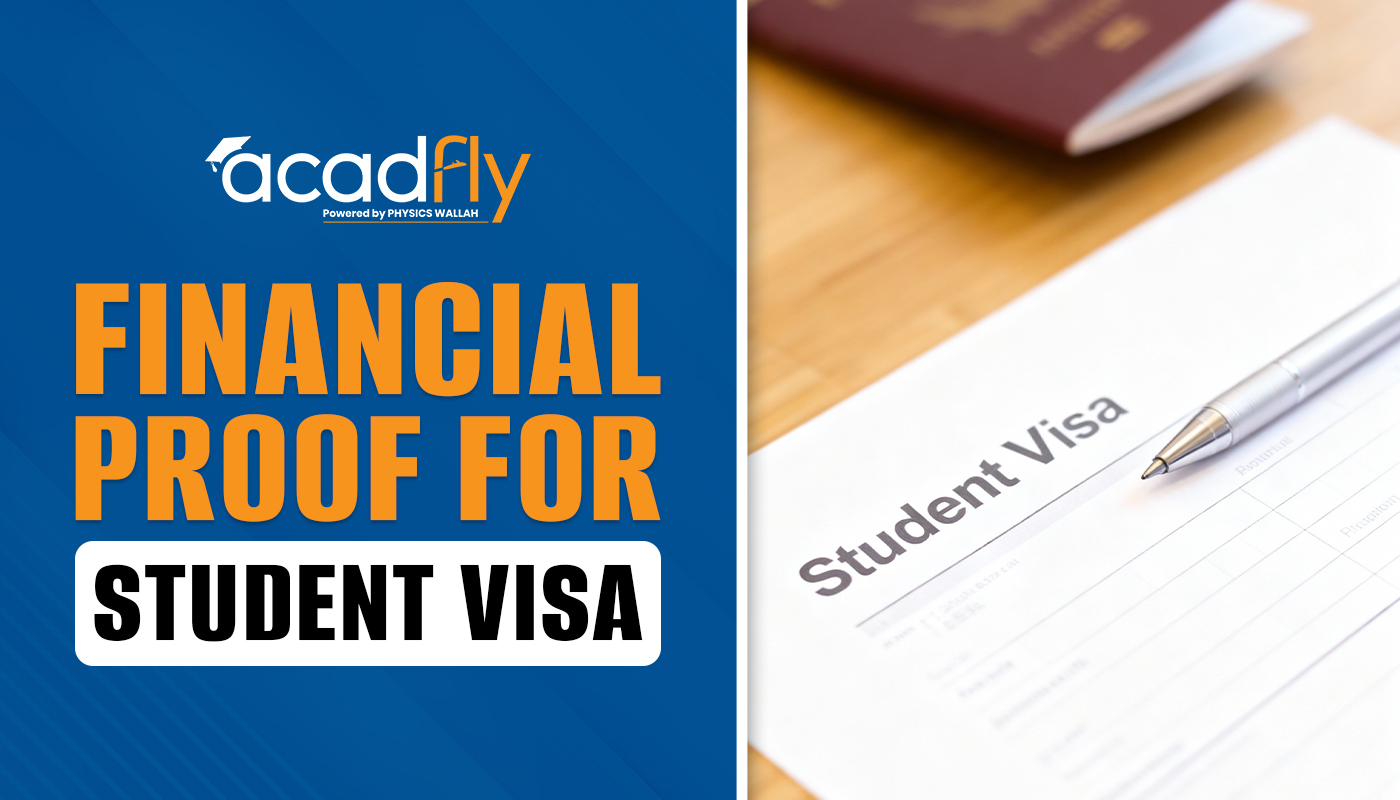


Pursuing an MBBS in Bangladesh is a popular and affordable choice for Indian students. A valid NEET score is the primary qualifying gateway, making it crucial to understand the minimum marks and eligibility criteria needed to secure a seat in medical colleges.
This guide provides a comprehensive overview of the mandatory NEET score requirements, recent cut-off trends, eligibility criteria, and the step-by-step admission process for the 2025 academic a.
NEET Exam Overview
The National Eligibility cum Entrance Test (NEET) is a nationwide entrance exam conducted in India for students aspiring to pursue undergraduate medical courses such as MBBS, BDS, and AYUSH programs. NEET is the only entrance exam in India that qualifies students for admission to medical colleges in India and several other countries, including Bangladesh. The exam is highly competitive, with lakhs of students appearing every year, making it essential for aspirants to score well to secure admission into a good medical college.
|
NEET Exam Overview |
|
|
Feature |
Details |
|
Exam Name |
National Eligibility cum Entrance Test (NEET) |
|
Conducting Body |
National Testing Agency (NTA) |
|
Eligibility |
10+2 with Physics, Chemistry, Biology/Biotechnology |
|
Mode of Exam |
Offline (Pen and Paper-based) |
|
Subjects Covered |
Physics, Chemistry, Biology (Botany and Zoology) |
|
Total Questions |
200 (180 to be answered) |
|
Duration |
3 hours 20 minutes |
|
Total Marks |
720 |
|
Negative Marking |
Yes, 1 mark deducted for each wrong answer |
|
Languages Available |
Multiple languages including English and Hindi |
Why NEET is Mandatory for MBBS in Bangladesh
The National Eligibility cum Entrance Test (NEET) is the only entrance examination that qualifies Indian students for undergraduate medical programs in India and abroad.
For admission to Bangladesh, the NEET score is mandatory for two main reasons:
-
Academic Standard: It ensures that candidates meet the basic academic standards in Physics, Chemistry, and Biology (PCB) required for the rigorous medical curriculum, which is similar in structure to India’s.
-
MCI/NMC Eligibility: The NEET score is essential for Indian students to obtain the Eligibility Certificate from the Medical Council of India (MCI), now the National Medical Commission (NMC). This certificate is necessary to appear for the Foreign Medical Graduate Examination (FMGE) after graduation, which is required to practice medicine in India.
Mandatory NEET Score Requirements and Cut-Offs
Is NEET required for MBBS in Bangladesh? Absolutely, yes. The specific NEET score required is usually determined by the cut-off set by the Directorate General of Health Services (DGHS) in Bangladesh and by the competition in a given academic year.
You must score above the NEET qualifying percentile to be eligible to apply. However, admission to private medical colleges generally requires a score well above this minimum threshold to be competitive
Previous Years' Cut Off for MBBS in Bangladesh
Understanding the previous years' NEET cut-off scores for MBBS in Bangladesh can give students an idea of what to expect and how competitive the admissions process can be. The cut-off scores vary depending on factors such as the number of applicants, the difficulty of the exam, and the specific college’s admission policies.
|
Previous Years' Cut Off for MBBS in Bangladesh |
||
|
Year |
Minimum NEET Score |
Remarks |
|
2024 |
164 (General) |
Increased competition and higher demand |
|
2023 |
147 (General) |
Increased competition |
|
2022 |
138 (General) |
Slightly lower due to exam difficulty |
|
2021 |
147 (General) |
Stable cut-off due to similar patterns |
|
2020 |
134 (General) |
Lower due to a higher number of seats |
Eligibility Criteria for MBBS in Bangladesh
To be eligible for admission to the MBBS program in Bangladesh, Indian students must meet the following criteria:
Academic Qualifications
-
10+2 Completion: Must have completed 10+2 or an equivalent qualification with Physics, Chemistry, and Biology (PCB) as compulsory subjects.
-
Minimum Marks: A minimum aggregate of 60% or a GPA of 3.5 in PCB is generally required, though this can vary slightly between institutions.
Age and Gap Period
-
Age Limit: Candidates must be at least 17 years old by December 31st of the admission year.
-
Gap Year Policy: Typically, there should be no more than a two-year gap between the completion of 10+2 and the application year.
NEET Qualification
-
Must possess a valid NEET scorecard for the corresponding academic year and meet the minimum score requirement set for that year.
Documents Required for MBBS in Bangladesh
When applying for MBBS in Bangladesh, it's essential to ensure that all necessary documents are prepared and submitted correctly. Proper documentation is crucial for a smooth admission process, and any missing or incorrect documents can delay or jeopardize your admission.
Required Documents:
-
Academic Documents:
10th and 12th Mark Sheets: Original and photocopies of the mark sheets showing the grades obtained in each subject.
Passing Certificates: Certificates from both 10th and 12th standards.
-
NEET Scorecard:
A valid NEET scorecard is mandatory to prove eligibility for admission.
-
Passport:
A valid passport with at least one year of validity remaining.
Photocopies of the passport's front and back pages.
-
Passport-Sized Photographs:
Recent passport-sized photographs (usually 6-8) as per the specifications provided by the college.
-
Birth Certificate:
A copy of the birth certificate as proof of age.
-
Migration Certificate:
Issued by the respective educational board or university to confirm the completion of the last course.
-
Character Certificate:
Provided by the last educational institution attended, certifying the student's conduct.
-
Medical Fitness Certificate:
A certificate from a registered medical practitioner proving that the candidate is physically and mentally fit to pursue medical studies.
-
Student Visa:
A valid student visa for Bangladesh, is usually issued after receiving the admission offer from the medical college.
-
Bank Statement or Financial Proof:
Proof of financial stability, such as bank statements, to demonstrate the ability to pay tuition fees and living expenses.
Admission Process for MBBS in Bangladesh
The admission process for MBBS in Bangladesh involves several steps, each of which needs to be completed carefully to secure a seat in a medical college. Here's a step-by-step guide to help you navigate the process:
Admission Process:
-
Research and Selection:
Begin by researching the medical colleges in Bangladesh that accept international students, particularly from India.
Evaluate the colleges based on factors like accreditation, curriculum, faculty, infrastructure, and tuition fees.
Shortlist the colleges where you meet the Bangladesh MBBS eligibility criteria.
-
Application Submission:
Once you have shortlisted the colleges, visit their official websites to download the application form or apply online.
Fill out the application form with accurate details and attach all the required documents (as mentioned in the previous section).
Pay the application fee, if applicable, as per the college’s instructions.
-
NEET Qualification Verification:
Ensure that your NEET score meets the Bangladesh MBBS admission criteria.
Submit your NEET scorecard along with your application. The college will verify your score during the admission process.
-
Receiving the Offer Letter:
If your application is accepted, the college will issue an offer letter or admission letter. This letter confirms that you have been provisionally selected for the MBBS program.
Carefully review the offer letter and confirm your acceptance by following the instructions provided by the college.
-
Student Visa Application:
With the offer letter in hand, apply for a student visa to Bangladesh. You will need to submit your passport, offer letter, and other relevant documents to the Bangladeshi embassy or consulate.
Obtain a student visa before travelling to Bangladesh for your studies.
-
Travel and College Enrollment:
Plan your travel to Bangladesh once your student visa is approved.
Upon arrival, complete the enrollment process at the college. This usually involves submitting original documents, paying the first installment of tuition fees, and attending orientation sessions.
-
Commencement of Classes:
After enrollment, classes typically begin as per the academic calendar of the college.
Ensure that you attend all introductory sessions and familiarize yourself with the campus, faculty, and curriculum.
Benefits of Studying MBBS in Bangladesh
Bangladesh remains a preferred destination for Indian medical aspirants due to several key advantages:
-
Affordability: Tuition fees are significantly lower compared to private medical colleges in India.
-
NMC Recognition: Most colleges are recognized by the National Medical Commission (NMC), allowing graduates to practice in India after passing the FMGE.
-
Quality Education: The curriculum is comparable to Indian standards, focusing heavily on practical training and clinical exposure.
-
Cultural Proximity: Shared cultural, linguistic (especially Bengali), and geographical proximity to India makes adaptation easier.
-
FMGE Success Rate: Graduates from Bangladesh often show a higher success rate in the FMGE (Foreign Medical Graduate Examination) compared to other countries.
MBBS in Bangladesh FAQs
Does the NEET score influence the college I can get in Bangladesh?
Is NEET mandatory for Indian students to study MBBS in Bangladesh?
What is the expected minimum NEET score for MBBS admission in 2025?
Can I apply for MBBS in Bangladesh with a gap after 12th standard?
Does the NEET score affect the tuition fees in Bangladesh?










